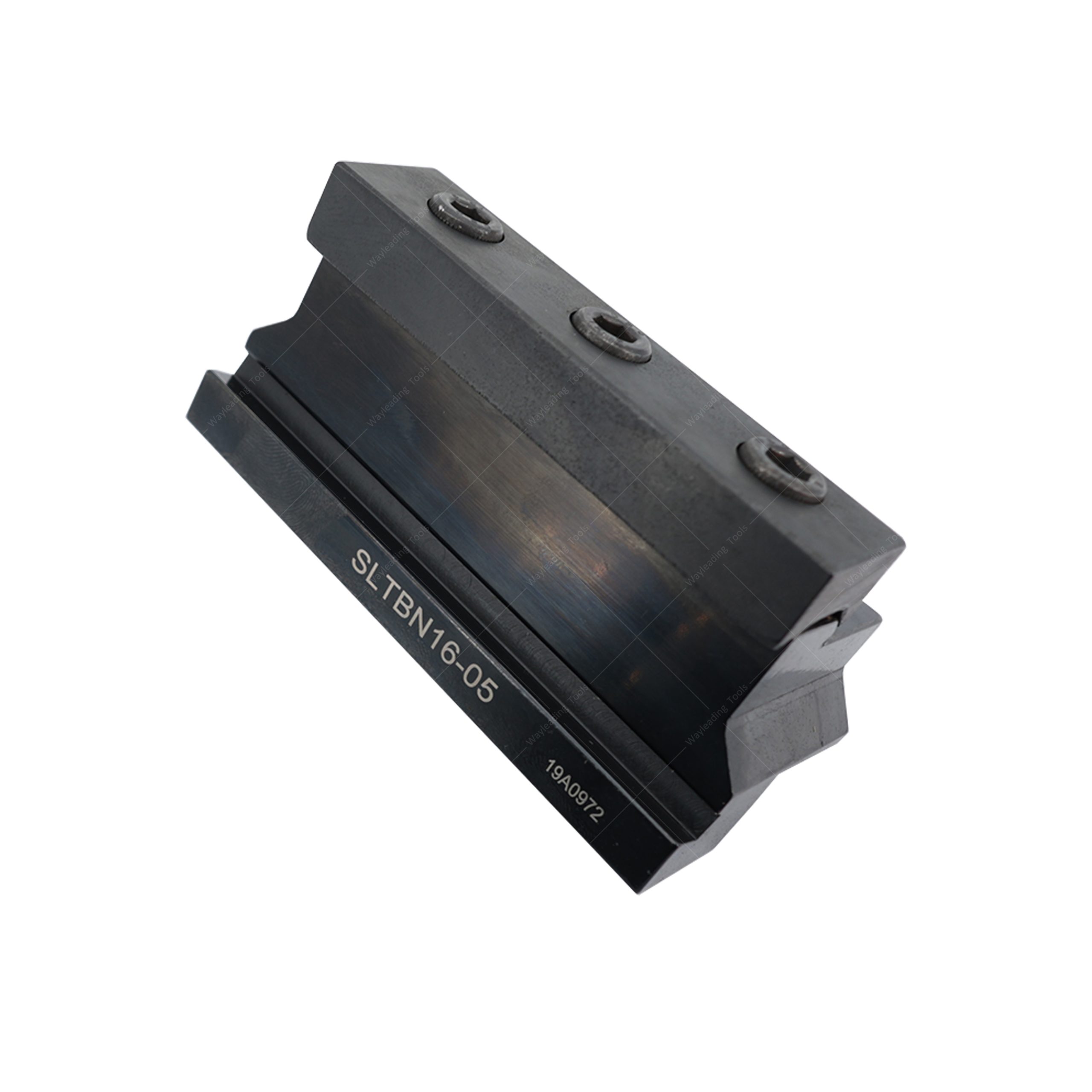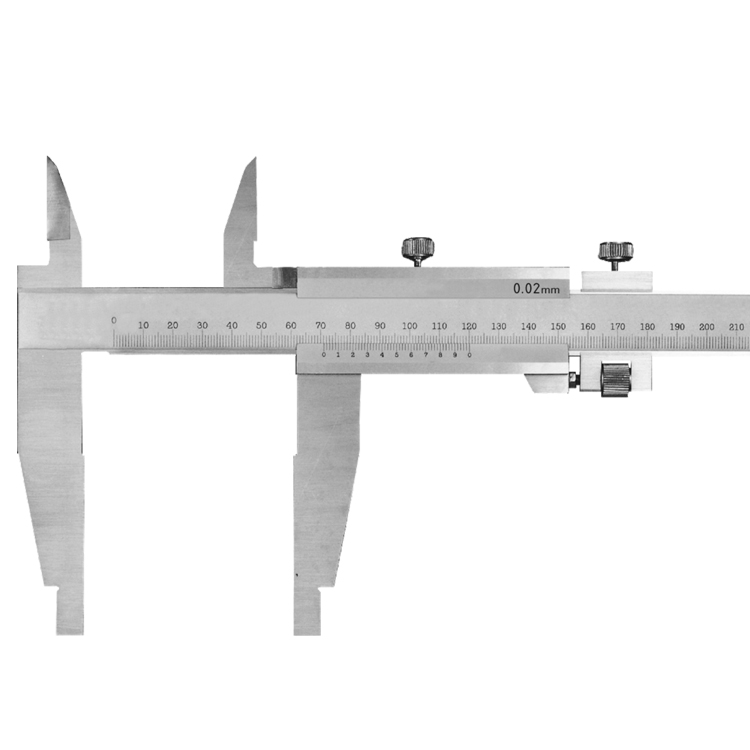carbide center drill Factory
A carbide center drill is a specialized cutting tool designed for creating accurate starting holes for drilling operations. Its rigid construction and ability to withstand high temperatures make it ideal for machining hard materials. This guide covers everything you need to know about carbide center drills, from their applications and advantages to selecting the right one for your needs and finding a reliable carbide center drill factory.
Understanding Carbide Center Drills
What is a Carbide Center Drill?
A carbide center drill, sometimes referred to as a combination drill and countersink, is primarily used to create a conical hole in a workpiece to precisely locate the starting point for a twist drill. This pre-drilled hole ensures accuracy and prevents the drill bit from wandering, especially on curved or uneven surfaces. Carbide, known for its extreme hardness and wear resistance, allows these drills to efficiently cut through tough materials like stainless steel, cast iron, and hardened alloys.
Types of Carbide Center Drills
Carbide center drills come in various styles and sizes, each designed for specific applications:
- Combined Drill and Countersink (Type A/B): The most common type, featuring a drill portion and a countersink angle. Type A has a 60-degree countersink angle, while Type B usually has a 90-degree angle.
- Self-Centering Drills: Designed for use in CNC machines where precision is paramount.
- Extended Length Drills: Used to reach deep holes or for applications requiring extra reach.
- Solid Carbide vs. Carbide-Tipped: Solid carbide drills offer superior performance and longevity, while carbide-tipped drills provide a cost-effective alternative for less demanding tasks.
Advantages of Using Carbide Center Drills
Choosing a carbide center drill offers several key advantages compared to using standard high-speed steel (HSS) drills for center drilling:
- Increased Accuracy: Ensures precise hole placement, minimizing the risk of drill bit wandering and improving overall part accuracy.
- Enhanced Durability: Carbide's exceptional hardness allows the drill to withstand high temperatures and wear, extending its lifespan and reducing the need for frequent replacements.
- Improved Surface Finish: Creates a clean and consistent countersink, resulting in a superior surface finish.
- Efficient Material Removal: Effectively cuts through hard materials, reducing machining time and improving productivity.
Applications of Carbide Center Drills
Carbide center drills are widely used in various industries:
- Metalworking: Creating precise starting holes for drilling, tapping, and reaming operations.
- Manufacturing: Preparing workpieces for assembly by ensuring accurate alignment of drilled holes.
- Automotive: Machining engine components, chassis parts, and other critical components.
- Aerospace: Drilling holes in aircraft structures and components, where precision and material integrity are crucial.
- Mold Making: Creating precision holes in mold cavities for ejector pins and cooling channels.
Selecting the Right Carbide Center Drill
Choosing the right carbide center drill depends on several factors:
- Material: Select a carbide center drill suitable for the material you will be machining. Softer materials may not require solid carbide, while harder materials benefit from the enhanced wear resistance of solid carbide.
- Hole Size and Depth: Consider the desired hole size and depth when selecting the drill diameter and length.
- Countersink Angle: Choose the appropriate countersink angle based on the subsequent drilling or tapping operation. Common angles are 60 degrees (Type A) and 90 degrees (Type B).
- Machine Type: Ensure the drill shank is compatible with your machine's chuck or collet.
Finding a Reliable Carbide Center Drill Factory
Sourcing high-quality carbide center drills from a reputable carbide center drill factory is crucial for ensuring consistent performance and longevity. Here are some factors to consider when selecting a supplier:
- Experience and Reputation: Look for a factory with a proven track record of producing high-quality carbide cutting tools. Check for customer reviews and testimonials.
- Manufacturing Capabilities: Ensure the factory has advanced manufacturing equipment and quality control processes to meet your specific requirements.
- Material Quality: Inquire about the grade of carbide used in the drills. High-quality carbide ensures optimal performance and tool life.
- Customization Options: If you require custom drills with specific dimensions or features, choose a factory that offers customization services.
- Certifications: Look for certifications such as ISO 9001, which indicate that the factory adheres to international quality management standards.
- Price and Lead Time: Compare prices and lead times from different suppliers to find the best balance between cost and delivery speed.
Wayleading Tools: Your Partner for Precision Carbide Center Drills
At Wayleading Tools, we understand the importance of precision and reliability in machining operations. We are committed to providing our customers with high-quality carbide center drills that meet the most demanding requirements. Our drills are manufactured using premium carbide materials and advanced manufacturing techniques, ensuring exceptional performance and longevity. Whether you need standard or custom drills, we have the expertise and capabilities to meet your needs. Contact us today to learn more about our products and services.
Maintenance and Care
Proper maintenance and care can significantly extend the life of your carbide center drill:
- Cleaning: Regularly clean the drill to remove chips and debris.
- Sharpening: Sharpen the drill when it becomes dull to maintain its cutting efficiency. Carbide drills require specialized sharpening equipment and techniques.
- Storage: Store the drill in a protective case or holder to prevent damage.
- Coolant: Use appropriate coolant during drilling to reduce heat and friction.
Troubleshooting Common Issues
Here are some common issues encountered when using carbide center drills and how to address them:
- Chipping or Breaking: This can be caused by excessive feed rate, improper alignment, or using the wrong type of drill for the material. Reduce the feed rate, ensure proper alignment, and select a drill suitable for the material being machined.
- Poor Surface Finish: This can be due to a dull drill, insufficient coolant, or excessive cutting speed. Sharpen the drill, increase coolant flow, and reduce the cutting speed.
- Drill Wandering: Ensure the workpiece is properly secured and the drill is centered. Use a spotting drill to create a starting point for the carbide center drill.
Carbide Center Drill Sizes
Carbide center drills are available in a range of sizes. The table below shows standard sizes and their corresponding drill and body diameters. These values are provided as reference, always double check with the carbide center drill factory you choose.
| Size | Drill Diameter (in) | Body Diameter (in) |
|---|---|---|
| 1 | 1/8 | 3/8 |
| 2 | 3/16 | 1/2 |
| 3 | 1/4 | 5/8 |
| 4 | 5/16 | 3/4 |
| 5 | 3/8 | 7/8 |
| 6 | 1/2 | 1 |
Table data derived from Machinery's Handbook, 31st Edition.
Conclusion
Carbide center drills are essential tools for achieving precise and accurate drilling operations in a wide range of applications. By understanding their advantages, selecting the right drill for your needs, and sourcing from a reputable carbide center drill factory like Wayleading Tools, you can maximize your machining efficiency and product quality.
Related products
Related products
Best selling products
Best selling products-
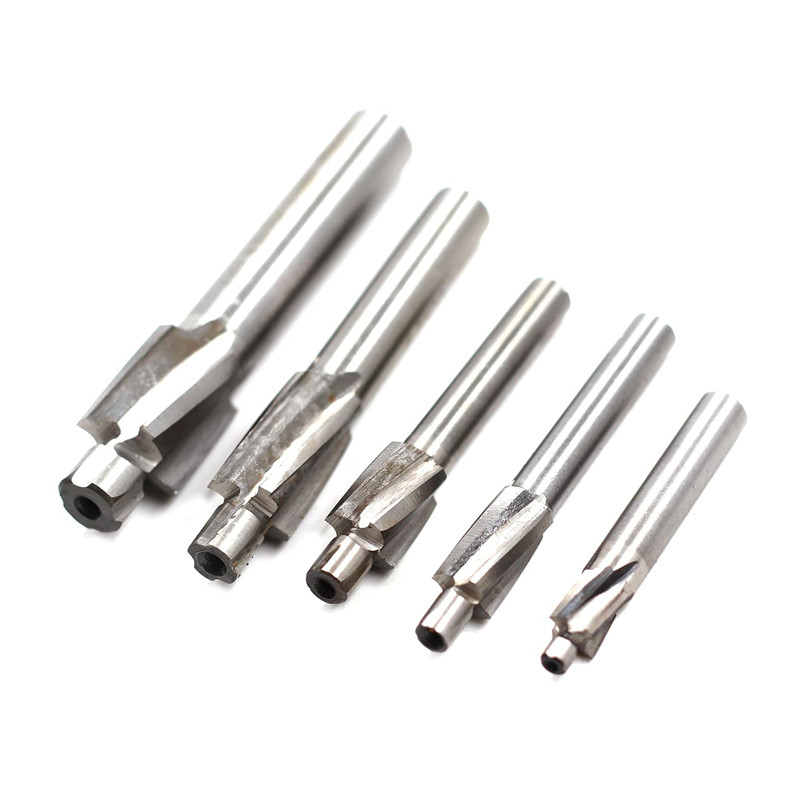 3 Flutes HSS Counterbore Drill Bit With Metric And Inch Size
3 Flutes HSS Counterbore Drill Bit With Metric And Inch Size -
 5C Hex Collet With Inch and Metric Size
5C Hex Collet With Inch and Metric Size -
 Precision Monoblock Vernier Caliper – Metric & Inch, Industrial Use
Precision Monoblock Vernier Caliper – Metric & Inch, Industrial Use -
 DIN4971-ISO1 Carbide Tipped Tool Bit With Right And Left Hand
DIN4971-ISO1 Carbide Tipped Tool Bit With Right And Left Hand -
 Precision Vernier Caliper With Nib Style Jaws Of Metric & Imperial For Industrial
Precision Vernier Caliper With Nib Style Jaws Of Metric & Imperial For Industrial -
 HSS Metric 4 Flute End Mills With Bright Or TiN And TiAlN Coated
HSS Metric 4 Flute End Mills With Bright Or TiN And TiAlN Coated -
 HSS Annular Cutters With Weldon Shank For Metal Cutting
HSS Annular Cutters With Weldon Shank For Metal Cutting -
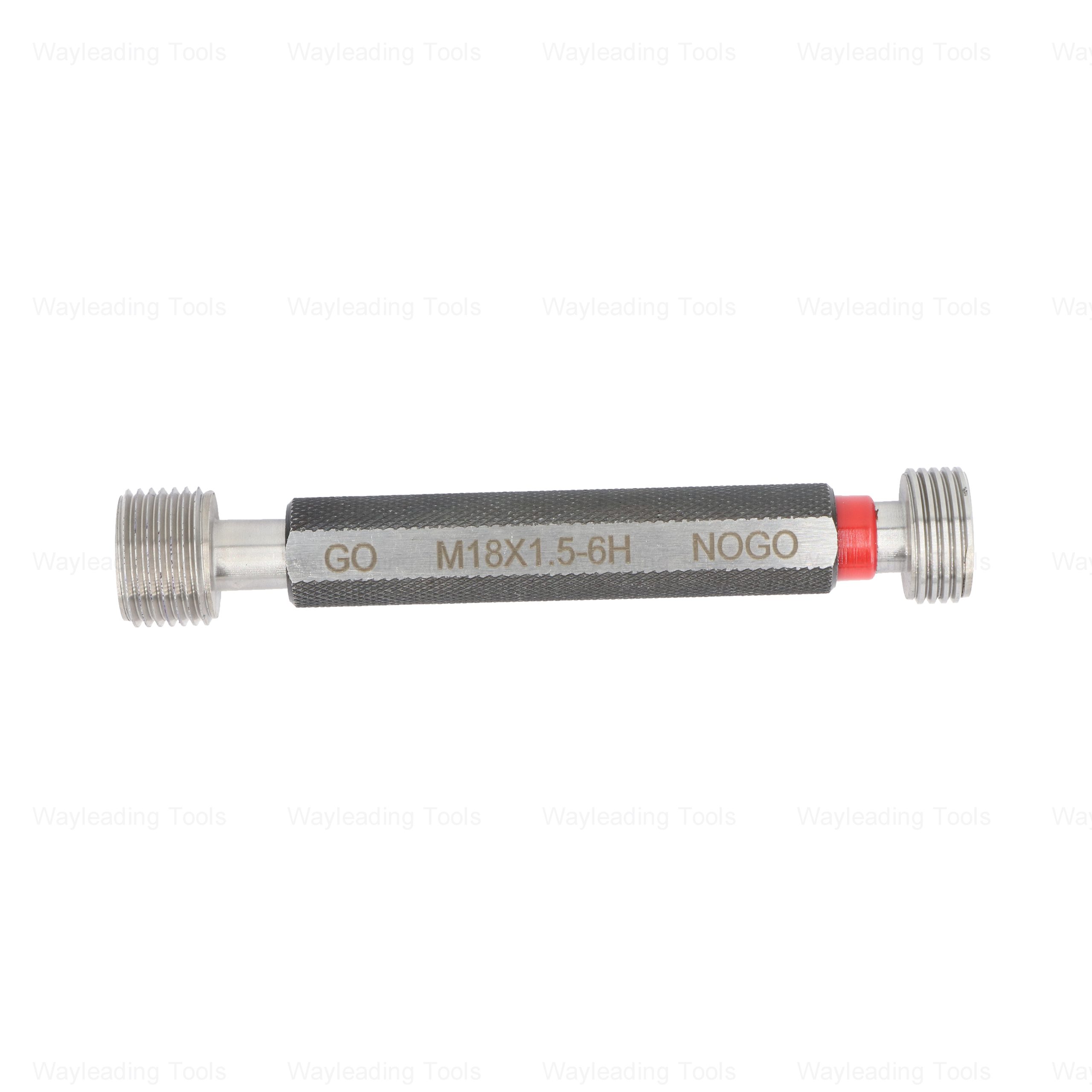 High-Precision Metric Thread Plug Gauge – 6H Class, GO & NO-GO Ends
High-Precision Metric Thread Plug Gauge – 6H Class, GO & NO-GO Ends -
 Precision 2pcs Angle Blocks Set With High Quality Type
Precision 2pcs Angle Blocks Set With High Quality Type -
 Precision Dial Test Indicator Holder For Industrial
Precision Dial Test Indicator Holder For Industrial -
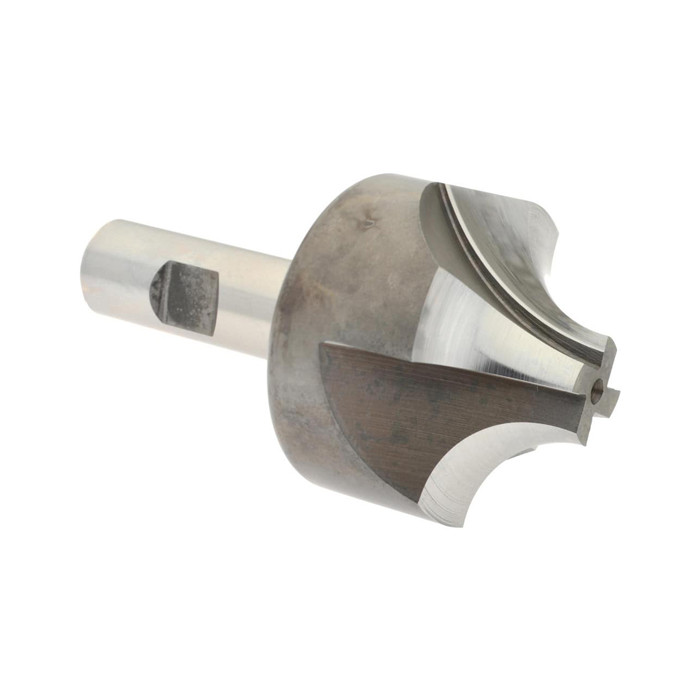 HSS Metric & Inch Corner Rounding End Mill For Industrial
HSS Metric & Inch Corner Rounding End Mill For Industrial -
 Precision V Block And Clamps Set With Customized Type
Precision V Block And Clamps Set With Customized Type




